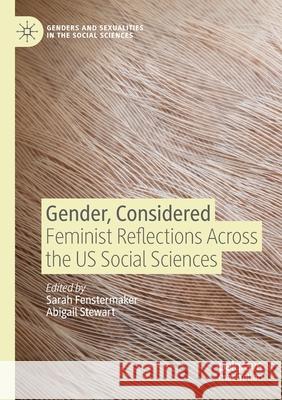Gender, Considered: Feminist Reflections Across the Us Social Sciences » książka
topmenu
Gender, Considered: Feminist Reflections Across the Us Social Sciences
ISBN-13: 9783030485030 / Angielski / Miękka / 2021 / 394 str.
Gender, Considered: Feminist Reflections Across the Us Social Sciences
ISBN-13: 9783030485030 / Angielski / Miękka / 2021 / 394 str.
cena 523,30
(netto: 498,38 VAT: 5%)
Najniższa cena z 30 dni: 501,19
(netto: 498,38 VAT: 5%)
Najniższa cena z 30 dni: 501,19
Termin realizacji zamówienia:
ok. 22 dni roboczych.
ok. 22 dni roboczych.
Darmowa dostawa!
Kategorie:
Kategorie BISAC:
Wydawca:
SPRINGER
Język:
Angielski
ISBN-13:
9783030485030
Rok wydania:
2021
Ilość stron:
394
Waga:
0.46 kg
Wymiary:
21.01 x 14.81 x 2.06
Oprawa:
Miękka
Wolumenów:
01
Dodatkowe informacje:
Wydanie ilustrowane











